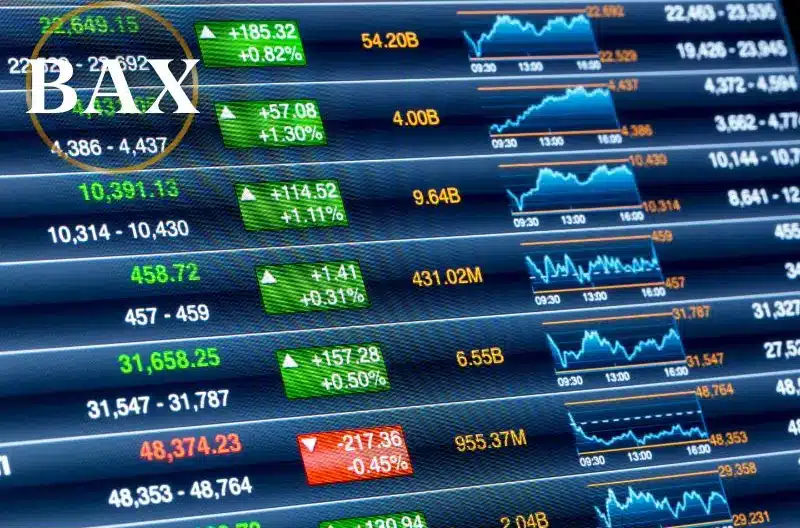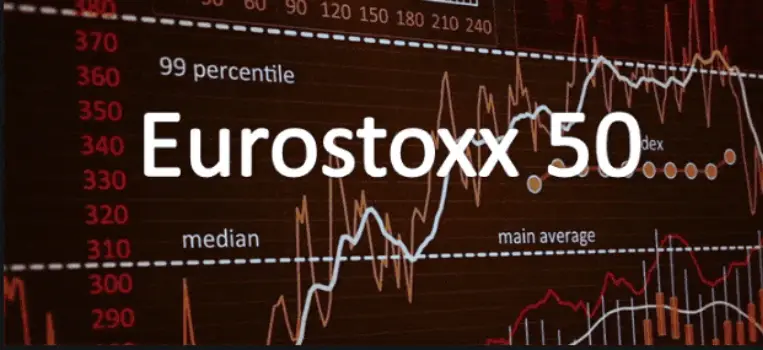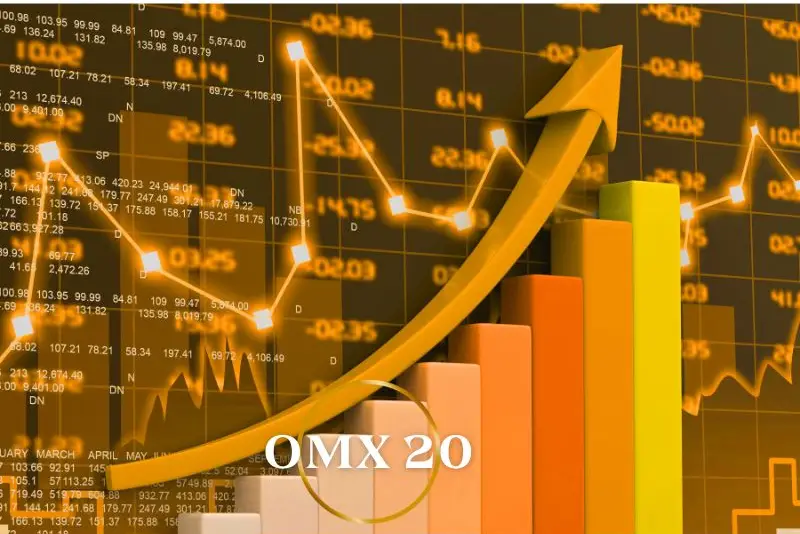Are you curious about investing in the stock market in the United Arab Emirates? Look no further – with its growing economy and strategic location, the UAE’s stock market offers a wealth of opportunities for savvy investors.
One of the key reasons why the UAE stock market is so important is its role as a major financial hub in the Middle East. As one of the region’s most stable and prosperous countries, the UAE attracts both domestic and international investors looking to capitalize on its dynamic economy.
Two of the main stock indices in the United Arab Emirates are the Dubai Financial Market (DFM) Index and the Abu Dhabi Securities Exchange (ADX) General Index. These indices track the performance of listed companies in Dubai and Abu Dhabi, respectively, providing valuable insights into the overall health of the UAE’s stock market.
Whether you’re a seasoned investor or just starting out, exploring opportunities in the UAE stock market can help diversify your portfolio and potentially yield lucrative returns. Stay tuned for more insights and updates on this thriving financial landscape!
How Does the Stock Market Work in United Arab Emirates
The stock market in the United Arab Emirates operates through two main exchanges, the Dubai Financial Market (DFM) and the Abu Dhabi Securities Exchange (ADX). These exchanges facilitate the buying and selling of stocks issued by publicly listed companies.
To invest in the stock market in the UAE, individuals can open a brokerage account with a licensed broker. They can then place buy and sell orders for stocks listed on the DFM or ADX through their broker. Investors can also trade in exchange-traded funds (ETFs) and real estate investment trusts (REITs) listed on these exchanges.
Some major stocks that have historically generated profits for investors in the UAE include:
- Emirates NBD (ENBD): One of the largest banking groups in the region
- Emaar Properties: A leading real estate development company known for iconic projects like Burj Khalifa
- Etisalat: The largest telecommunications operator in the UAE
- First Abu Dhabi Bank (FAB): The largest bank in the UAE by assets
- Damac Properties: A prominent real estate developer specializing in luxury properties
Investors should conduct thorough research, consider their risk tolerance, and seek advice from financial professionals before investing in the stock market in the UAE to mitigate risks and maximize potential returns.
What is the benefits of buying stocks in United Arab Emirates
Investing in the United Arab Emirates stock market can be a lucrative opportunity for investors looking to diversify their portfolio and capitalize on the region’s economic growth. Some benefits of buying stocks in the UAE stock market include:
1. Economic Growth: The UAE has a rapidly growing economy, driven by sectors such as real estate, tourism, and finance. Investing in stocks tied to these industries can provide significant returns.
2. Tax Benefits: The UAE does not impose income tax on capital gains from stock investments, allowing investors to keep more of their profits.
3. Portfolio Diversification: Investing in the UAE stock market can help spread risk and reduce dependence on one particular market or asset class.
4. Strategic Location: The UAE serves as a hub for trade and commerce in the Middle East, attracting foreign investment and fostering business growth.
When investing in the UAE stock market, it is important to consider the following tips and takeaways:
1. Research Companies: Conduct thorough research on companies before investing in their stocks. Look into their financial performance, management team, industry trends, and growth prospects.
2. Monitor Market Trends: Stay informed about political and economic developments that could impact the stock market in the UAE. Keep an eye on global markets as well, as they can influence local trading activity.
3. Diversify Your Portfolio: Spread your investments across different sectors and asset classes to minimize risk and maximize returns.
4. Seek Professional Advice: Consider consulting with a financial advisor or broker who specializes in the UAE stock market to get personalized investment recommendations tailored to your goals and risk tolerance.
In conclusion, investing in the United Arab Emirates stock market offers numerous benefits for investors seeking exposure to a dynamic economy with promising growth opportunities. By following these tips and staying informed about market trends, investors can make informed decisions and potentially achieve long-term financial success.
The main stock indices in United Arab Emirates
The United Arab Emirates has two main stock exchanges, the Dubai Financial Market (DFM) and the Abu Dhabi Securities Exchange (ADX). These exchanges play a crucial role in the country’s economy by providing a platform for companies to raise capital through the issuance of stocks.
Some of the most important stock market indices in the UAE include the DFM General Index, which tracks the performance of listed companies on the Dubai Financial Market, and the ADX General Index, which does the same for companies listed on the Abu Dhabi Securities Exchange. These indices are widely followed by investors and analysts as indicators of overall market performance.
The UAE stock market is regulated by several bodies, including the Securities and Commodities Authority (SCA) and the Dubai Financial Services Authority (DFSA). These regulatory bodies oversee trading activities, ensure compliance with laws and regulations, and protect investors from fraud and manipulation.
Regulation of stock markets in the UAE is aimed at promoting transparency, fairness, and stability in financial markets. This helps attract both local and foreign investors, boosting liquidity and driving economic growth in the country.
Investors looking to participate in the UAE stock market should familiarize themselves with key indices like the DFM General Index and ADX General Index to track market trends. Additionally, understanding regulatory frameworks set by organizations like SCA and DFSA is crucial to make informed investment decisions.
Recap: The stock market in United Arab Emirates
The stock market in the United Arab Emirates, specifically the Dubai Financial Market (DFM) and Abu Dhabi Securities Exchange (ADX), has shown steady growth and resilience in recent years. Despite facing challenges from global economic uncertainties and fluctuations in oil prices, the UAE stock market has managed to attract both local and foreign investors.
The UAE government’s efforts to diversify its economy away from oil dependency have positively impacted the stock market, with sectors such as real estate, banking, and telecommunications leading the way in terms of performance. The introduction of new regulations and initiatives aimed at increasing transparency and investor protection has also boosted confidence in the market.
With a strong regulatory framework in place and a growing number of listings from various sectors, the UAE stock market continues to offer attractive investment opportunities for both short-term traders and long-term investors. As the country positions itself as a regional financial hub, the stock market is expected to play a vital role in attracting capital inflows and driving economic growth in the future.




























































